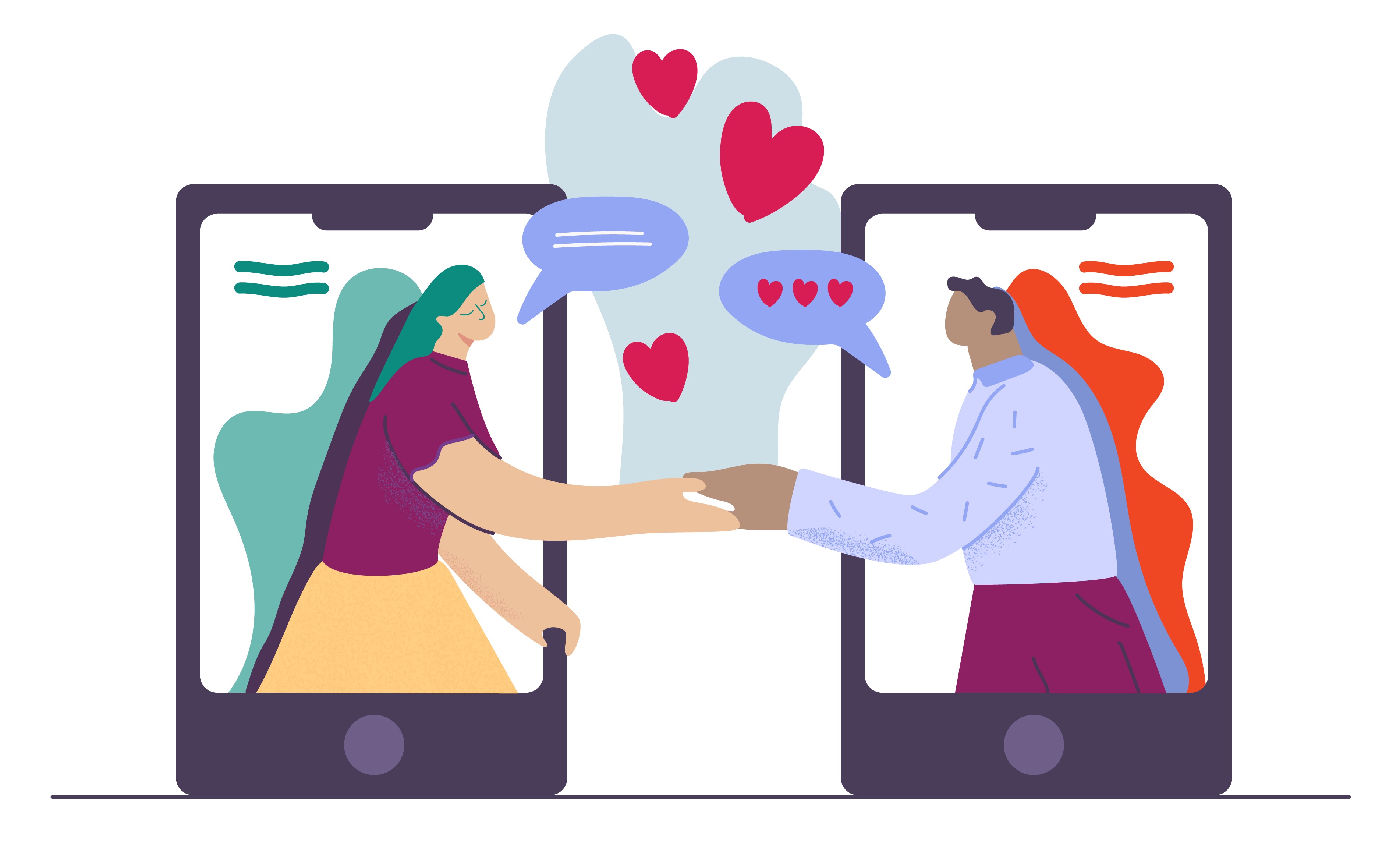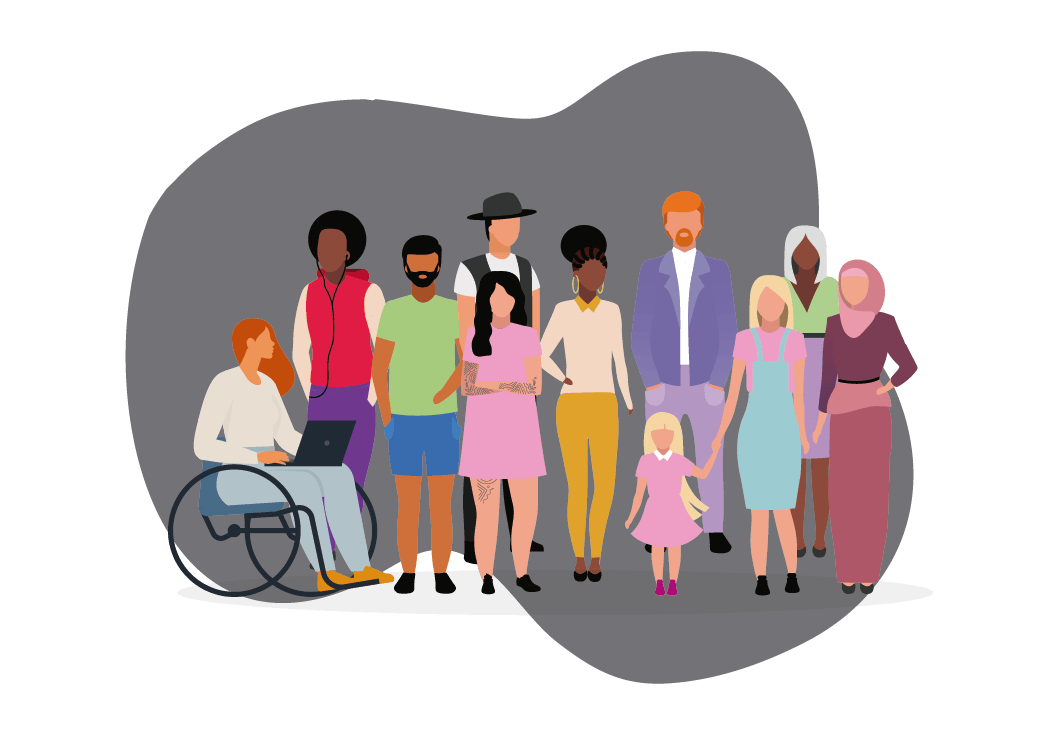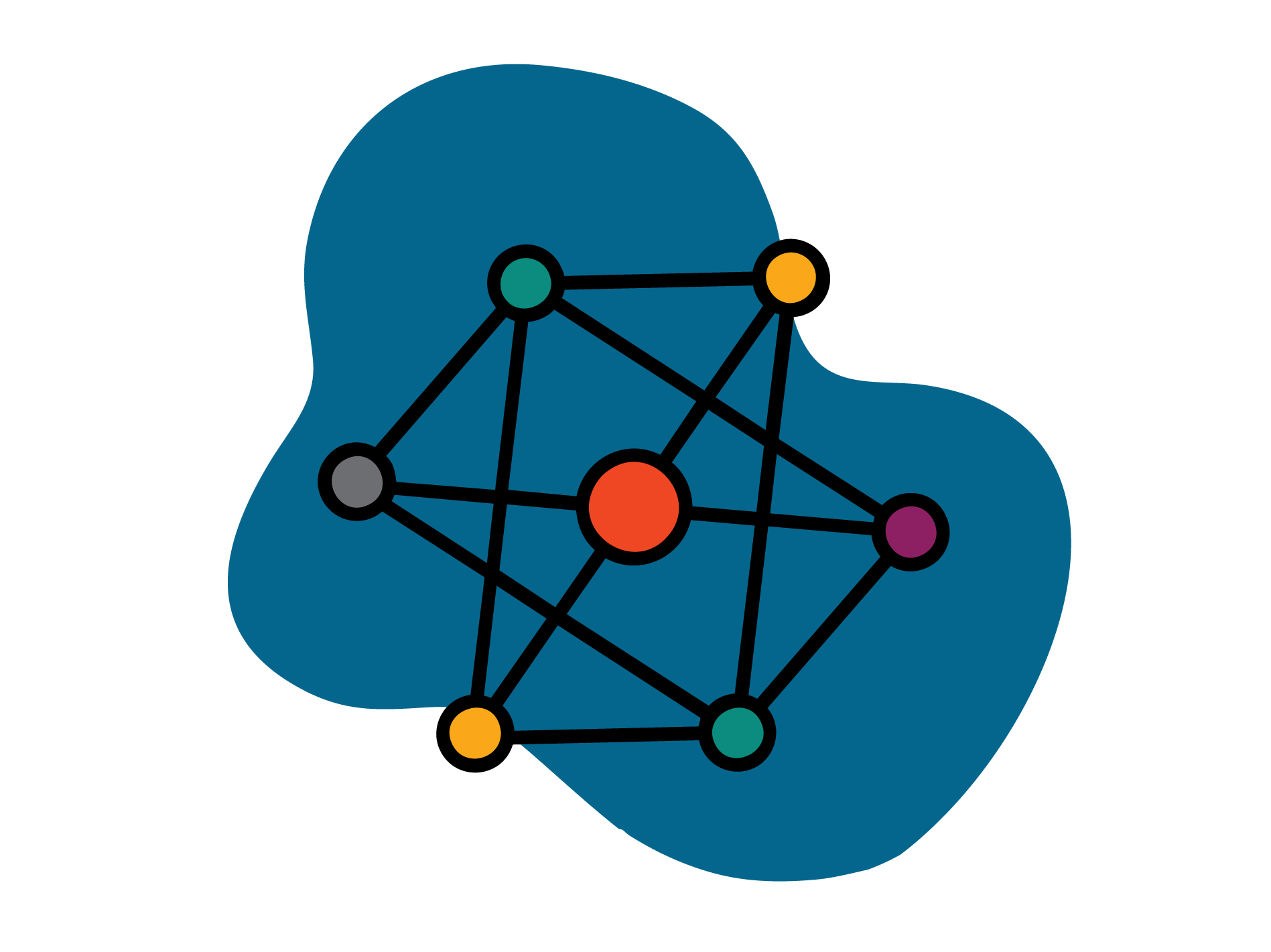Every single day MILLIONS of people are talking to their therapist about their deepest struggles. Some of those struggles are about ethical dilemmas in their lives that could hurt or deeply affect other people in their lives.
We therapists listen to those ethical tensions. It begins in graduate school with some of our first cases. Our therapy training teaches us to filter out the ethical from the clinical, even though clients don’t distinguish their problems into separate buckets.
CEs AVAILABLE THROUGH APA!
What do we mean by the ethical domain?
It’s when clients’ decision and actions have consequences for the welfare of others.
We’re not talking physical abuse or outright neglect of a vulnerable person….the realm of mandated reporting. Those we know how to handle in therapy—when the ethical domain becomes the legal domain.
Instead, we’re talking about things like whether to cut off a parent or adult child, or continue with an affair, or disclose or keep a big family secret, or follow through on a divorce now that the spouse finally says they want to work on the marriage—or has a new cancer diagnosis.

Here are a few real examples:
Parents dealing with their feelings about their young adult child who has identified as transgender, and are considering cutting off their child. Their Middle Eastern faith tradition has strong prohibitions about LGBTQ behaviors. They feel ethically compromised if they keep their child in their life.
Seeing two teenage girls of divorced parents, and consulting with the mother who is openly discouraging her daughters from visiting their father and feels her current husband (stepfather) should “be enough.”
Client had an affair many years ago. Never told husband. Has been faithful ever since. She still feels guilty. Wonders if she should tell him and try to set things straight with him.
We call these “Ethical Consults”
(wrapped up of course in broader clinical issues)
Here’s the bad news for most people wanting to process ethical challenges in therapy: we therapists have little or no training, and few if any models, for how to help clients dealing with ethical dilemmas.
So, we make it up on our own, sometimes feeling awkward or even helpless because we've been taught to stay away from morality. We know not to tell people what to do, but how do we engage the ethical domain of life in other ways?
Our main goal is to help therapists more successfully navigate these conversations so that people can bring their full selves to therapy and get skilled, confident help.
Freud dismissed ethics as a valid part of therapy, and we've never recovered. To Freud, ethics belonged in the Super Ego and therapy’s domain was the Ego. Therapy’s goal was to liberate the individual from the artificial constraints of moral codes rigidly enforced by family, religion, and community.
But the world has changed since Freud.
We’re in a hyper individualistic, consumer culture, and therapy has not changed with the times.

The consumer culture has invaded everywhere. Even our romantic lives have become about finding the perfect mate and asking “what I do deserve from a partner.” A few clicks on a website filter out the undesirables.
We optimize our dating skills to find someone who can meet our needs and heal our wounds.
Our clients (and we too) struggle with how to balance our personal needs/desires versus our obligations to others who have become central to our lives.
But the ethical part of life is coming back! Elements of the mainstream culture began a course correction in the mid-1990s, as signified by the launching of the New York Times popular column called “The Ethicist” where people seek advice from a philosopher about their ethical dilemmas. Such a column would have been unthinkable in the 1970s and the Human Potential Movement.
But the therapy field has not caught up.
Our therapy models do not have an explicit way to help clients sort out everyday and big-time ethical dilemmas where they are trying to discern needs of self in the face of potential harm to others. We know to stay away from blaming or shaming clients, but otherwise what do we say?
When a client is having a secret affair and risks giving his partner a STD, what do you do?
If you engage hundreds of therapists, like we have, you’ll find one of three stances towards clients’ ethical binds.
Each conversation is made up on the fly, often with uncertainty on the part of the therapist about what to say or avoid saying.
The first stance is to entirely ignore any harm to others.
Stay with the client’s psychological issues. It’s the client’s life and choices. Short of mandated reporting situations, we don’t explore the ethical claims of a third party (even if we personally hope that the client will do the right thing by the person).
In this first stance, we are ethical abstainers, keeping our focus free of moral complexities even if the client brings up these ethical tensions they are feeling. We return to the music we are trained to hear, which excludes (in our view) an essential part of what it means to be human.
The second stance is to lean into the self-interest of the client.
"You were miserable for twenty years," we might say, "and the affair has awakened you. I can understand that you want to maintain your marriage at the moment, given the timing complications of a divorce. And I hear you say that having sex with your spouse at least occasionally keeps the lid on things while you sort out what to do. It’s a difficult situation for you, and I support you in making your own needs a priority for the first time in many years. You will figure this out."
Here we deal with ethical dilemmas by suggesting that the only tensions are internal to the client, not also involving the client’s real-life effects on another person. We might warn a client about what will happened if the spouse discovers the affair, but even here the focus is only on the self-interest of the client. The spouse’s well-being is not our business.
The third stance is often less a choice than an emotional response.
We get triggered and come off as judgmental, thereby creating defensiveness in our clients or perhaps getting fired by them. Here's how it can go: Using an uncharacteristically firm tone of voice, we point out that the client is putting their partner at risk for medical complications that may not become apparent for some time and thus be less treatable. We announce that this is unfair to their partner and any children who depend on the partner. We have named the ethical complication but the client feels judged and their behavior prescribed (stop the affair or stop having sex with your spouse). There is no space to explore all sides of the issue and all emotions (including moral emotions) because we jumped right to what we think, impulsively and non-therapeutically.
These three common stances ---ignoring, self-interest only, or judging/prescribing---are not what we view as “ethical consultation” in therapy.
By the way, only the third stand (judgmental/prescribing) would get flagged by most supervisors and colleagues in case consultations as not good therapy. We would likely get a pass on the first two because they seem safe—change the subject away from ethics and back to clinical issues, or focus on “to thine own self be true.”
These are everyday realities for us as therapists when we deal with the whirlwind of our clients lives.
So…what is our big goal here at The Doherty Foundation for Social and Civic Well-Being?
What is our vision for what we can do?

With all the diverse ways of doing therapy, we think we can all agree on one thing:
Therapy is ultimately about human flourishing, and that involves grappling with the inevitable tensions between what we owe ourselves and what we owe other people.
We do not encourage human flourishing if we ignore the ethical parts of their lives.
Instead, we want to embrace client dilemmas, their sense of tension between self interest and obligation to others. Most of the time clients naturally articulate both sides of their dilemmas—self needs and responsibilities to others—and are pleased to explore them in more depth and see how this exploration fits into their larger goals for therapy. It’s not clients who recoil from ethical consultations—it’s we therapists!

In ethical consultation, we encourage our clients to think about their needs and desires, what they owe others, and what choices they would like to make going forward in their ethical dilemma. We help them see themselves living in a web of mutual effects people have on them and they have on people. We do not simply run with self-interest or escape back into their intrapsychic wounds while ignoring a real world decision or action that can harm others.
Goodbye Consumer Self.
Welcome to the new Relational Self.
The Relational Self is inherently bonded with others, fragile and imperfect as these bonds may be. Relationships are not something we "have"---they are a part of us, intrinsic to us.
A Relational Self framework offers complexity, a bigger array of emotions (including guilt as an emotion with something to teach), and a more grounded way to think through life and relational choices that affect others. The moral sense is fundamental to the Relational Self.
It’s easy to get started on the journey to becoming a skilled ethical consultant who helps people build their Relational Self.
No matter your model, engaging in ethical conversations with greater complexity is about adding new therapy skills and having a community of colleagues to support you. It’s not rocket science—it’s about becoming able to use what you already know how to do in an area that has been a taboo in therapy.
Dive in Deeper With Our (FREE) Relational Ethics E-course.
We'll email you the e-course, book links, and bonuses, invites for upcoming free events, and more.
Everything is 100% free except for Bill’s American Psychological Association book, whose royalties are returned to supporting this foundation. And we have an amazing community waiting to help expand the field’s capacity to support clients. We need YOU! Your voice, your expertise and your clinical stories.
